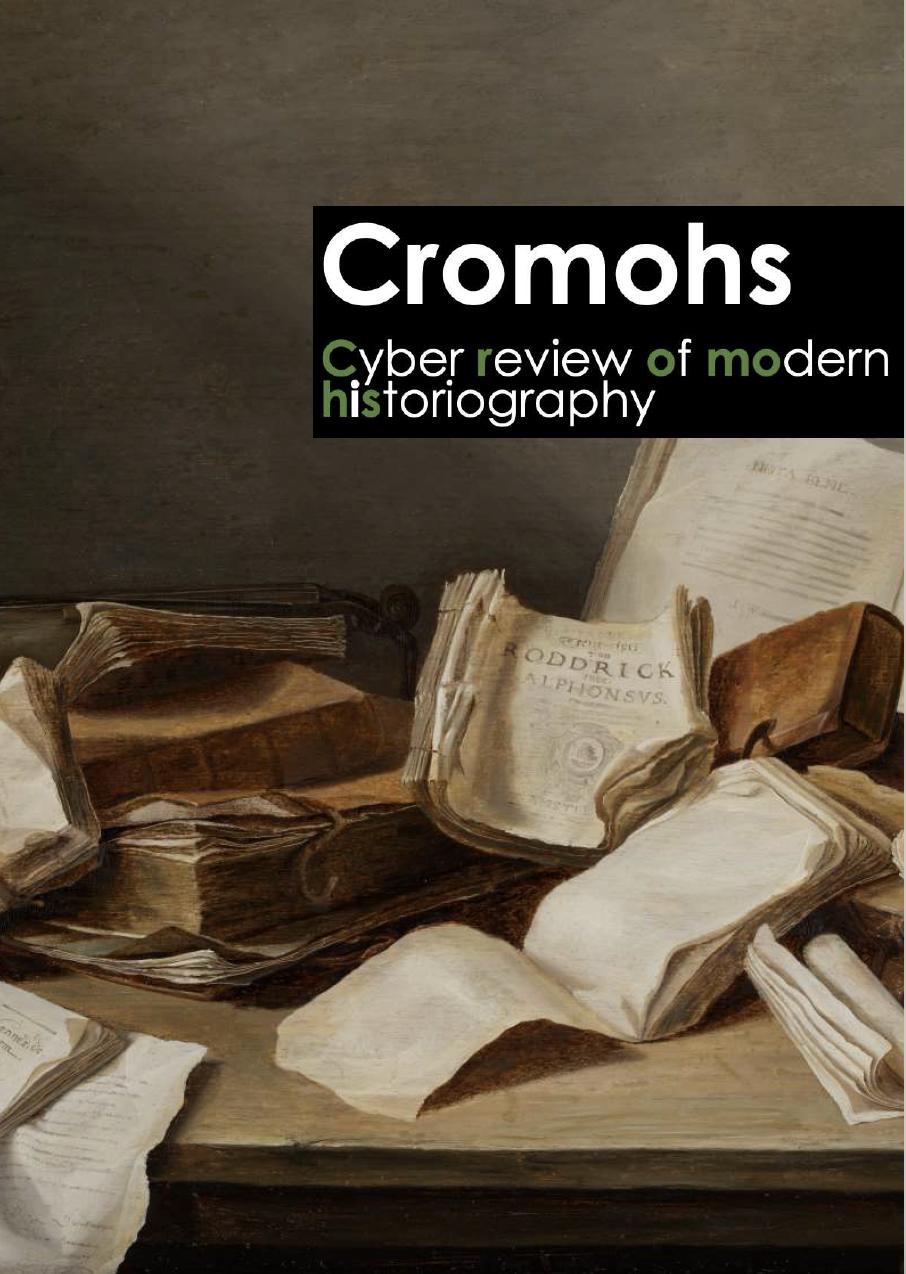Published 2024-06-04
Keywords
- Modernity,
- Conceptual History,
- Ottoman Empire,
- Global History,
- Fin-de-Siècle
Copyright (c) 2024 Daniel Kolland

This work is licensed under a Creative Commons Attribution 4.0 International License.
Abstract
This article uses a global concept history approach to critically engage with the semantically overdetermined and contested concept of modernity at the turn of the twentieth century. Eschewing grand theories, a more empirical method is applied by investigating the history of modernity as a concept used by historical actors. It thereby seeks to reveal anachronistic readings of it, as well as unearth the global scope of modernity performances. Tracing first West-European and then Ottoman-Turkish modernity translations (modernité, die Moderne, modernity, yeñilik, ʿaṣrīlik), the article shows how marginal this concept was in West-European discourse. The Turkish translations, in contrast, became central in indigenous reform rhetoric; ʿaṣrīlik (1916) even displayed a level of theoretical abstraction that West-European modernity concepts only acquired later. This analysis argues that the global circulation of the historical modernity concept was propelled by its semantic indeterminacy, normativity, and Eurocentrism, and thereby also critique modernity as an analytical concept.

